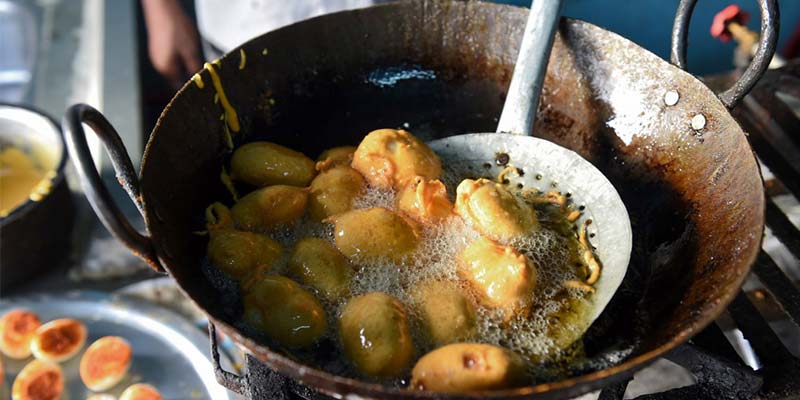- India
- Jul 11
- Sreesha V.M
7 years of ‘Eat Right India’ initiative
• The Food Safety and Standards Authority of India (FSSAI) launched the Eat Right India initiative on July 10, 2018.
• The initiative focuses on promoting a culture of safe, healthy and sustainable food processes.
• Through a mix of regulatory, capacity-building, collaborative and empowerment approaches, the initiative has been enhancing the quality of food people consume daily — from when food is grown or sourced to when it is cooked and delivered to people’s plates.
The campaign is built on three foundational pillars:
i) Eat Safe: Ensuring personal and surrounding hygiene, hygienic and sanitary practices through the food supply chain, combating adulteration, reducing toxins and contaminants in food and controlling food hazards in processing and manufacturing processes.
ii) Eat Healthy: Promoting diet diversity and balanced diets, eliminating toxic industrial trans-fats from food, reducing consumption of salt, sugar and saturated fats and promoting large-scale fortification of staples to address micronutrient deficiencies.
iii) Eat Sustainable: Promote local and seasonal foods, prevent food loss and food waste, conserve water in food value chains, reduce use of chemicals in food production and presentation and use of safe and sustainable packaging.
• FSSAI brings together key ministries — Health and Family Welfare, Women and Child Development, Housing and Urban Affairs, and Education — to align the initiative with flagship programmes like Ayushman Bharat, POSHAN Abhiyaan and Swachh Bharat Mission.
• At the state and local levels, Food Safety Departments and municipal bodies implement certification schemes, audits and community outreach in food hubs and municipal institutions.
Achievements
• Since its launch, the Eat Right India has grown into one of the most expansive food safety and nutrition initiatives in the world.
• Backed by strong institutional frameworks and cross-sectoral collaboration, it has translated vision into impact through measurable outcomes on the ground.
• From transforming campuses and railway stations into certified ‘Eat Right’ zones to training lakhs of food handlers, mobilising public participation, and enhancing hygiene across street food hubs and temples, the initiative stands out for its scale, innovation, and commitment to public health.
• The Food Safety Training & Certification (FoSTaC) programme is aimed at creating a pool of food safety supervisors (FSS), who are trained in good hygiene and manufacturing practices.
• Over 12 lakh food safety supervisors and over 13 lakh street food vendors were trained as part of the programme.
• As on July 6, as many as 284 Eat Right Stations and 249 Clean Street Food Hubs were certified across India.
• Over 55 lakh litres of used cooking oil collected under Repurpose Used Cooking Oil (RUCO), with 39 lakh litres converted into biodiesel.
(The author is a trainer for Civil Services aspirants.)


